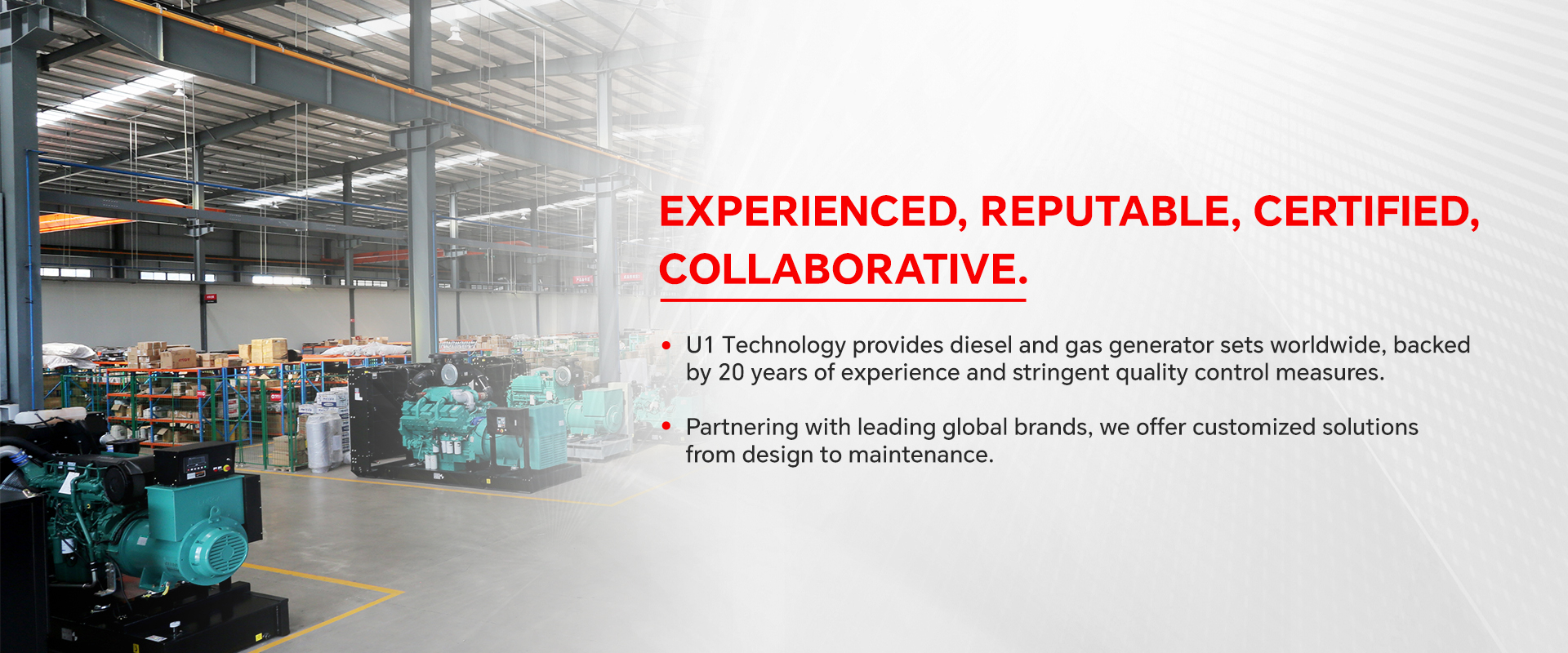In the arena of backup power generation, two prominent options be noticeable: gas and diesel generators. If the power goes out, as well as the requirement for it is critical, deciding on the best generator set could make a huge difference. But how does one decide between propane and diesel generators? Every one has its group of benefits and drawbacks, and the choice ultimately depends on your specific needs and circumstances.

On this page, we’re going to learn about the distinctive features, advantages, and cons of gas main and heavy duty diesel generators sets, helping you to create a well-informed decision which option aligns best along with your needs.
Gas main Generators
Advantages
Cleaner Emissions: One of the first benefits of natural gas generators is their lower environmental impact. When propane burns, it produces fewer harmful emissions, like particulate matter, nitrogen oxides, and sulphur dioxide, over a diesel genset. As a result propane generators an eco-friendly option for those worried about air quality and environmental sustainability.
Cost-Effective Fuel: Propane is usually cheaper than diesel fuel. The price savings may be significant over the long term, notably if you prefer to make use of your generator frequently. Furthermore, the availability of gas main tends to be more stable, reducing price fluctuations.
Less Maintenance: Propane generators typically require less maintenance than their diesel counterparts. This results from the cleaner-burning nature of natural gas, which results in fewer deposits and soot buildup in the engine, extending the generator’s lifespan.
Quieter Operation: Propane generators provide quieter operation. It is a vital consideration in residential areas and settings where environmental noise must be minimized.
Disadvantages
Limited Fuel Storage: A disadvantage to propane generators could be the reliance on a continuous availability of propane. This can be problematic during extended power outages or even in remote places that a consistent gas supply is probably not available.
Lower Energy Density: Gas carries a lower energy density when compared with diesel, meaning you might demand a larger storage capacity or maybe more frequent refuelling for a similar power output.
Lower Fuel Efficiency: Gas main generators usually are less fuel-efficient than diesel generators, which can increase operational costs ultimately.
Lower Portability: Because of the dependence on an avid natural gas supply, these generators are less portable and versatile than diesel generators.
Diesel Generators
Advantages
High Energy Density: Diesel fuel is renowned for its high energy density. This means diesel generators provides more power inside a smaller package, which makes them ideal for applications where space is limited.
Fuel Storage: Diesel generators hold the advantage of to be able to store fuel for long periods without degradation. As a result them a trusted selection for backup power in remote locations and throughout long-term power outages.
Fuel Efficiency: Diesel generators have fuel efficiency, consuming less fuel for the similar output as gas main generators. This results in lower operational costs.
Greater Reliability: Diesel engines are normally better and durable, resulted in greater reliability in demanding conditions. They are usually the go-to decision for mission-critical applications.
Disadvantages
Emissions and Environmental Impact: Diesel generators emit higher amounts of pollutants, including nitrogen oxides and particulate matter, which may have uncomfortable side effects on quality of air and public health. Stricter emissions regulations have already been carried out to mitigate these problems.
Noise Levels: Diesel generators are likely to be noisier than propane generators, which may be an issue in residential areas or where environmental noise is really a consideration.
Fuel Availability and price: Diesel fuel can be higher priced and at the mercy of price fluctuations. Additionally, storing large volumes of diesel fuel can cause safety and environmental risks.
Maintenance Requirements: Diesel generators typically require more frequent maintenance because of soot and carbon buildup within the engine, that may improve the total price of ownership.
When you should Choose Gas Generators?
Environmental Concerns: If you prioritize environmental sustainability and cleaner emissions, an all-natural gas generator is the approach to take.
Cost benefits: If you’re trying to reduce fuel costs over the long term and still have access to a reliable gas supply, natural gas generators could be more cost-effective.
Quiet Operation: In areas or places where noise levels must be kept to a minimum, propane generators will be the quieter choice.
More uncommon Use: If your generator functions as a backup for occasional power outages, the low maintenance requirements of gas main generators get them to a handy option.
When you should Choose Diesel Generators?
High Power Requirements: Prefer a high-power output inside a compact package, diesel generators, with their high energy density, will be the better choice.
Reliability: For mission-critical applications where reliability is the vital thing, such as data centres or healthcare facilities, diesel generators tend to be preferred because of their robust and sturdy engines.
Remote Locations: In areas with limited use of a natural gas supply or during long-term power outages, diesel generators using their reliable fuel storage will be the better choice.
Frequent Use: In case your generator will discover frequent use so you prioritize fuel efficiency, diesel generators can be more economical in the end.
Conclusion
The selection between natural gas and diesel generators is determined by your specific requirements, budget, and environmental concerns. Both varieties of generators have their own benefits and drawbacks, along with the secret’s to carefully evaluate your requirements priorities before you choose. Additionally, make sure to understand local regulations and emissions standards that may affect your selection.
More info about used generator set take a look at our webpage

